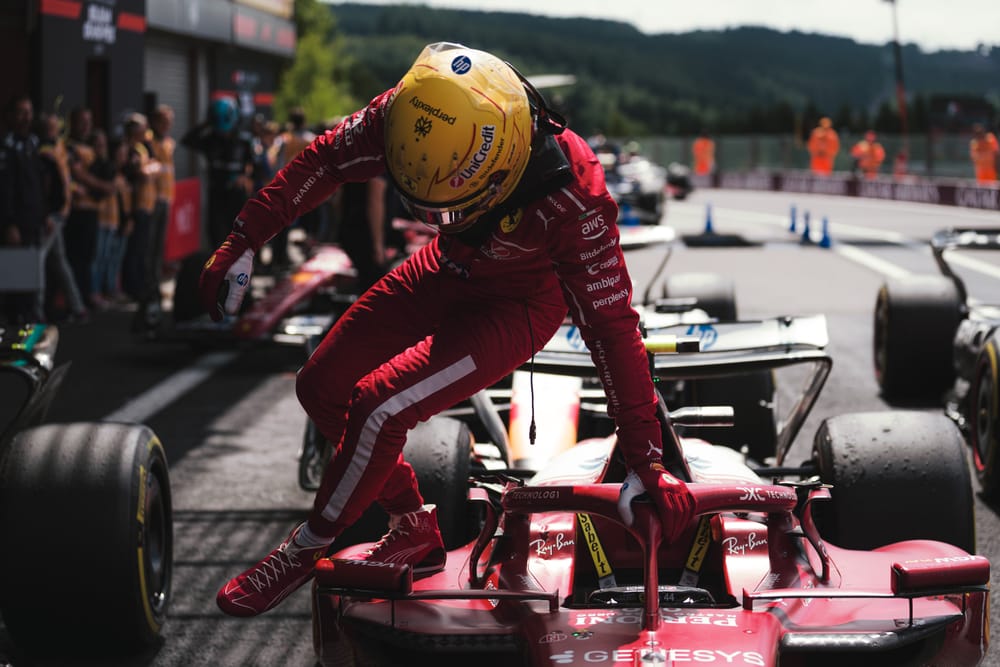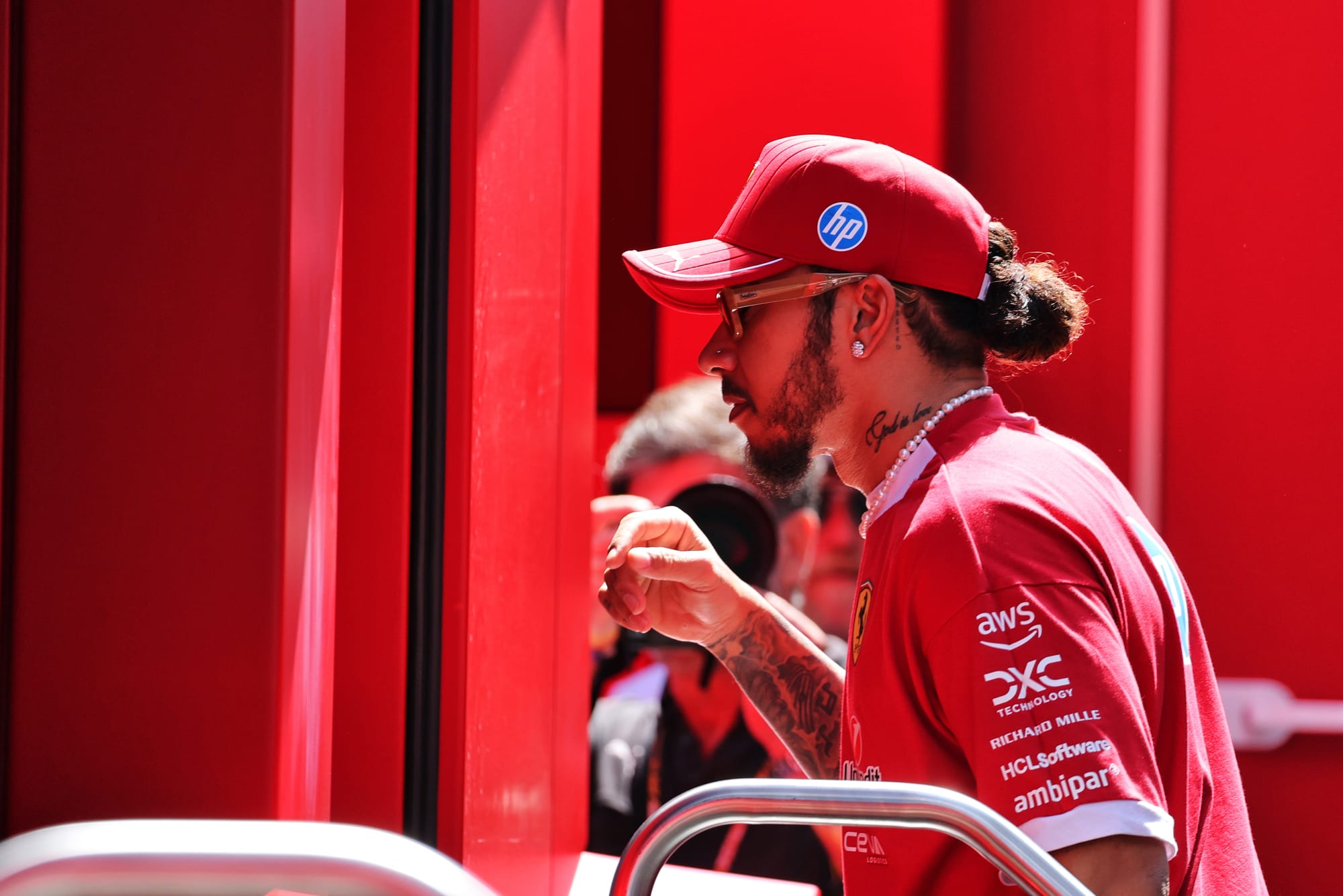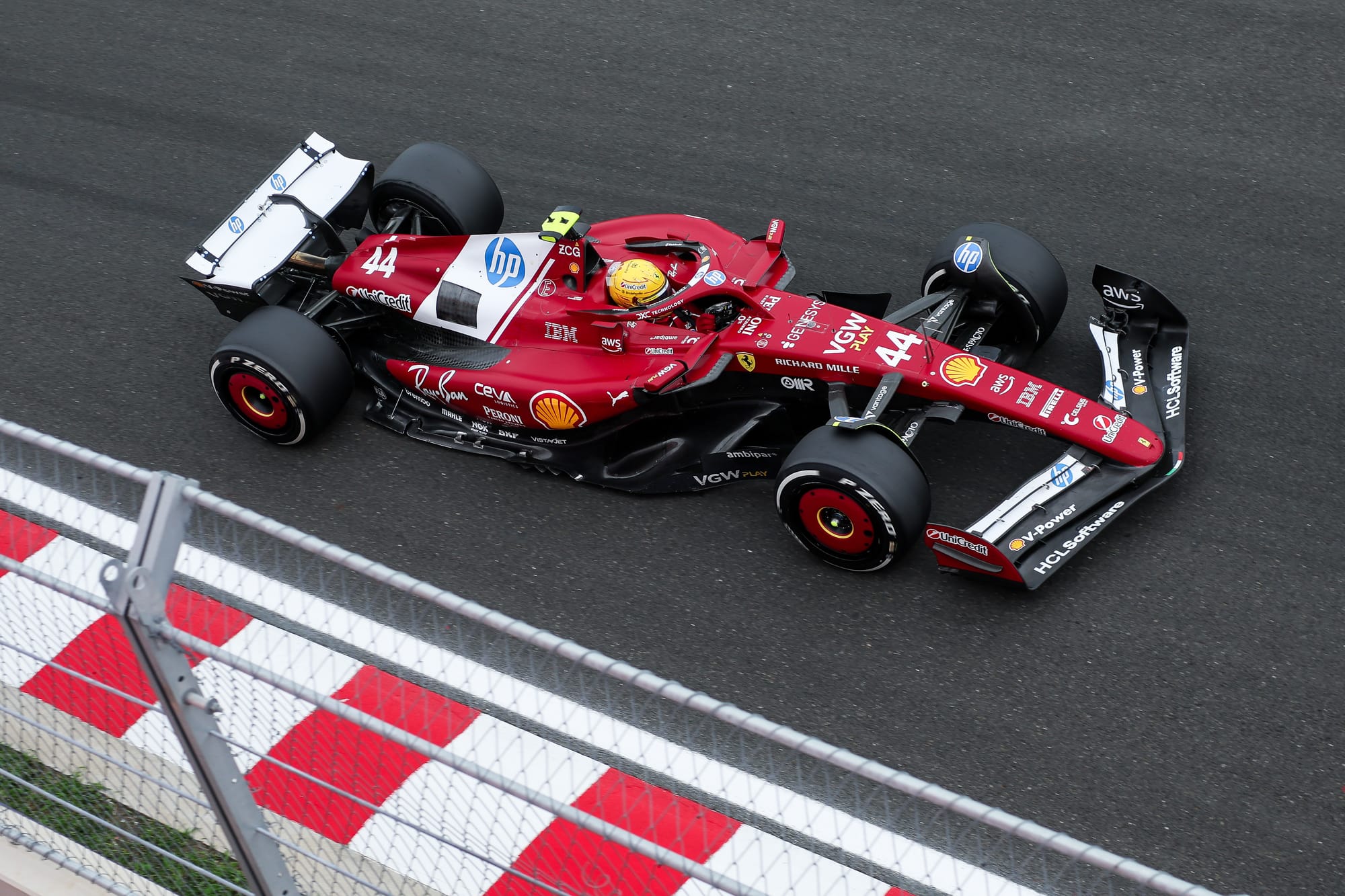Ferrari has admitted that it completely underestimated the challenge that Lewis Hamilton would face when he joined its Formula 1 team after so long at Mercedes.
Hamilton's switch to Ferrari for 2025 triggered a huge amount of hype, but the results have not lived up to expectations.
Despite a few highlights in sprint races, including victory in China and a third place in Miami, Hamilton has yet to finish on the podium in a grand prix. His best qualifying result has been fourth, which he took in Monaco and Austria, although in Monaco he started seventh after a three-place grid penalty for impeding Max Verstappen.
The seven-time champion's campaign also hit an emotional low at the Hungarian Grand Prix earlier this month when, after being eliminated in Q2 as team-mate Charles Leclerc went on to take pole position, he claimed he was "useless" and that Ferrari should consider a driver change.
Replacing Hamilton is not, of course, on Ferrari's radar. Instead, the team is doing all it can to try to improve the areas where he has not been totally comfortable.
Speaking to The Race about the challenges being faced, Ferrari team principal Fred Vasseur has conceded that both he and Hamilton did not appreciate how difficult a move of teams would be.
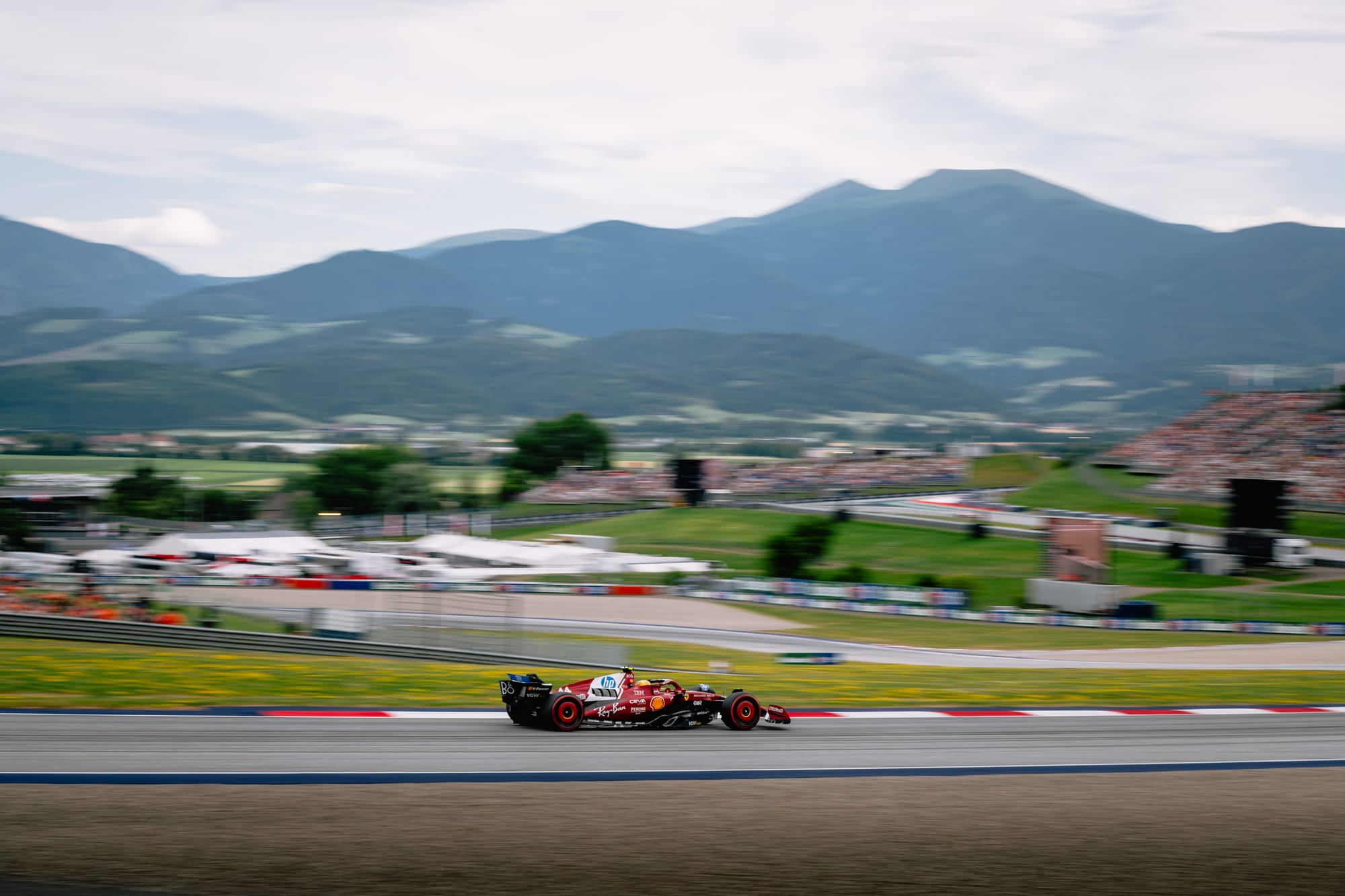
"Lewis and I, we collectively, probably underestimated the change of environment, and the fact that he spent, for me, 20 years in the same team," explained Vasseur.
"McLaren was Mercedes, and then he moved to Mercedes: an English team [based in Brackley], same engine guys, that same culture and so on.
"So he spent 2006 to 2024, 18 years, in this environment, and then he arrived at Ferrari. And we were stupidly expecting that he will have everything under control."
Vasseur said that what had also been overlooked was that Hamilton had not been repeatedly through the experience of changing teams, like his predecessor Carlos Sainz had, for example, so it would take longer for him to adapt.
"He's not the guy who changed team every two years," added Vasseur.
"You have guys on the grid that, if you have a look on Carlos, for example, he did Toro Rosso, Renault, McLaren, us and Williams in eight years. He changed four times. He's used to dealing with this. Lewis was not the case."
Vasseur believes that while Hamilton's adaptation phase took some time to get through, things had appeared to be getting better prior to challenging weekends in Belgium and Hungary.
"Culturally speaking, there is a bigger difference between Ferrari and Mercedes than between Mercedes and McLaren. And this we underestimated," said Vasseur.
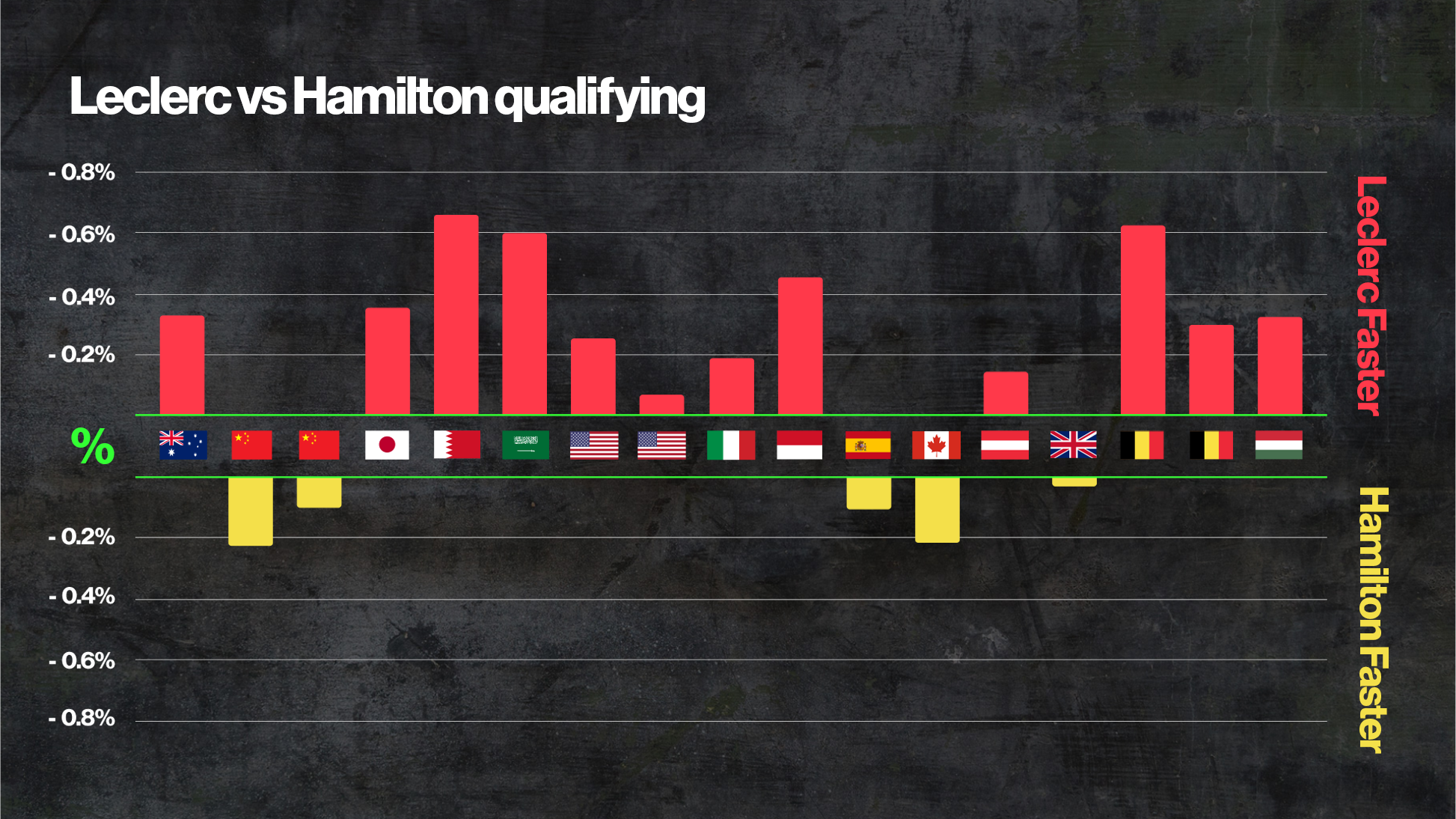
"It took Lewis four or five races to be a bit more in control. And I would say that from Canada, Spain, UK, Austria, he was there. He was.
"In Spa he had a tough weekend, but for different reasons with a difficult qualifying. But then in the race, he was very good. And [Hungary] I think it was more details.
"If you have a look at the classification, you see one is P1, the other is P12. But we were not far away from having Charles P11 and Lewis P12."
Fixing the details
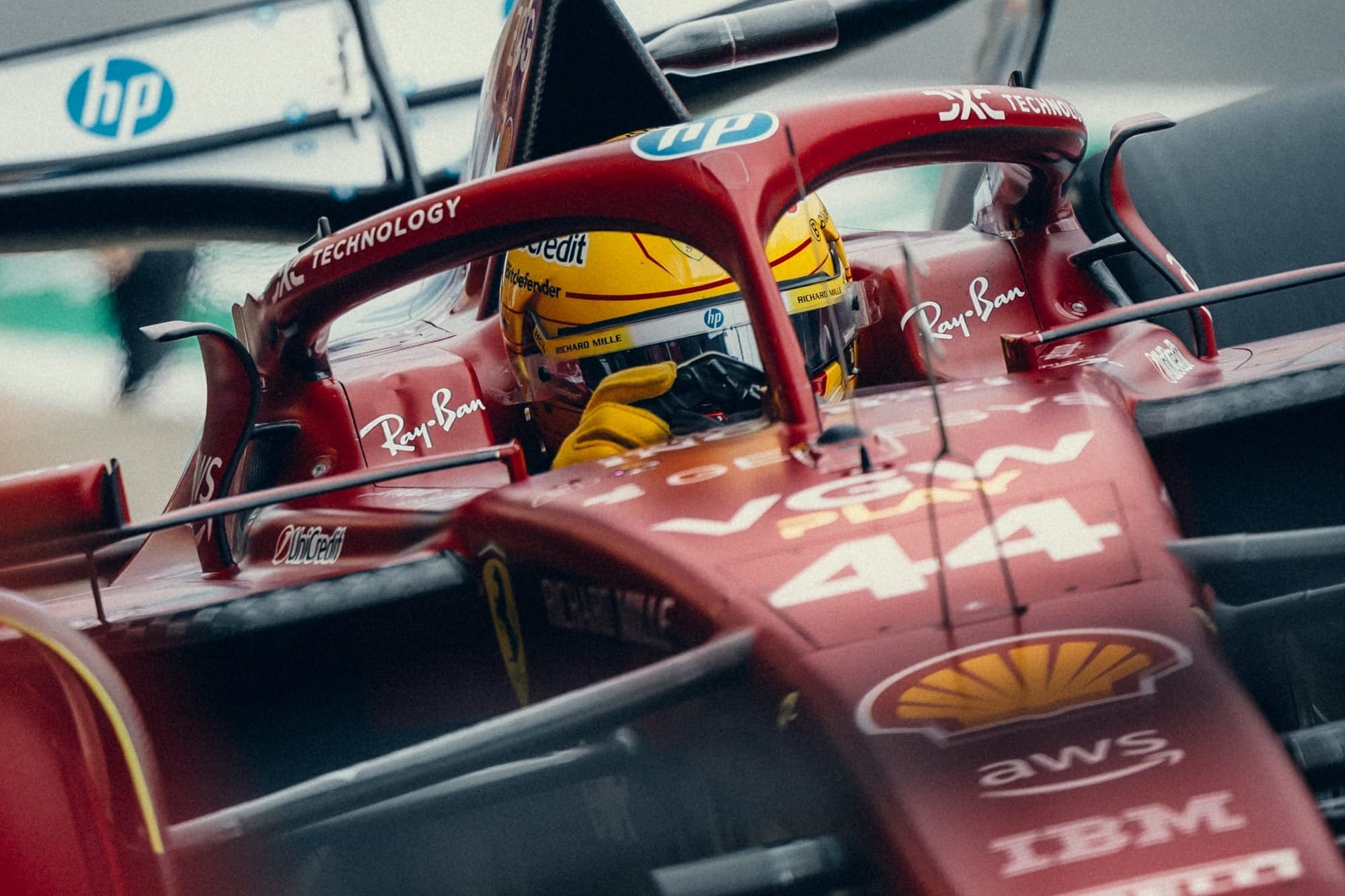
Vasseur thinks there is not one big thing that Hamilton has struggled to adapt to; it is more that there are small aspects in lots of areas that are all adding up.
And he said it is only by staying calm, and addressing all these individual elements, that Ferrari will be able to give Hamilton the platform he needs to get the most out of himself.
Vasseur added: "I don't want to give details, but point by point, I think we are fixing the issues."
Hamilton's acclimatisation has been helped a bit, however, by having some familiar faces from Mercedes around him, so they can help compare different approaches and provide a reference to each other.
This includes Ferrari's technical chief Loic Serra, deputy team principal Jerome D’Ambrosio and Hamilton's new performance engineer Luca Diella.
Vasseur also suggested that there can be a disconnect between how big the problems are and how dramatic an impact they have on the results.
"It's true that Lewis, sometimes he is a bit extreme on his guys and says: 'I have a mega-big issue'. But is this really a mega big issue? In terms of results, yes.
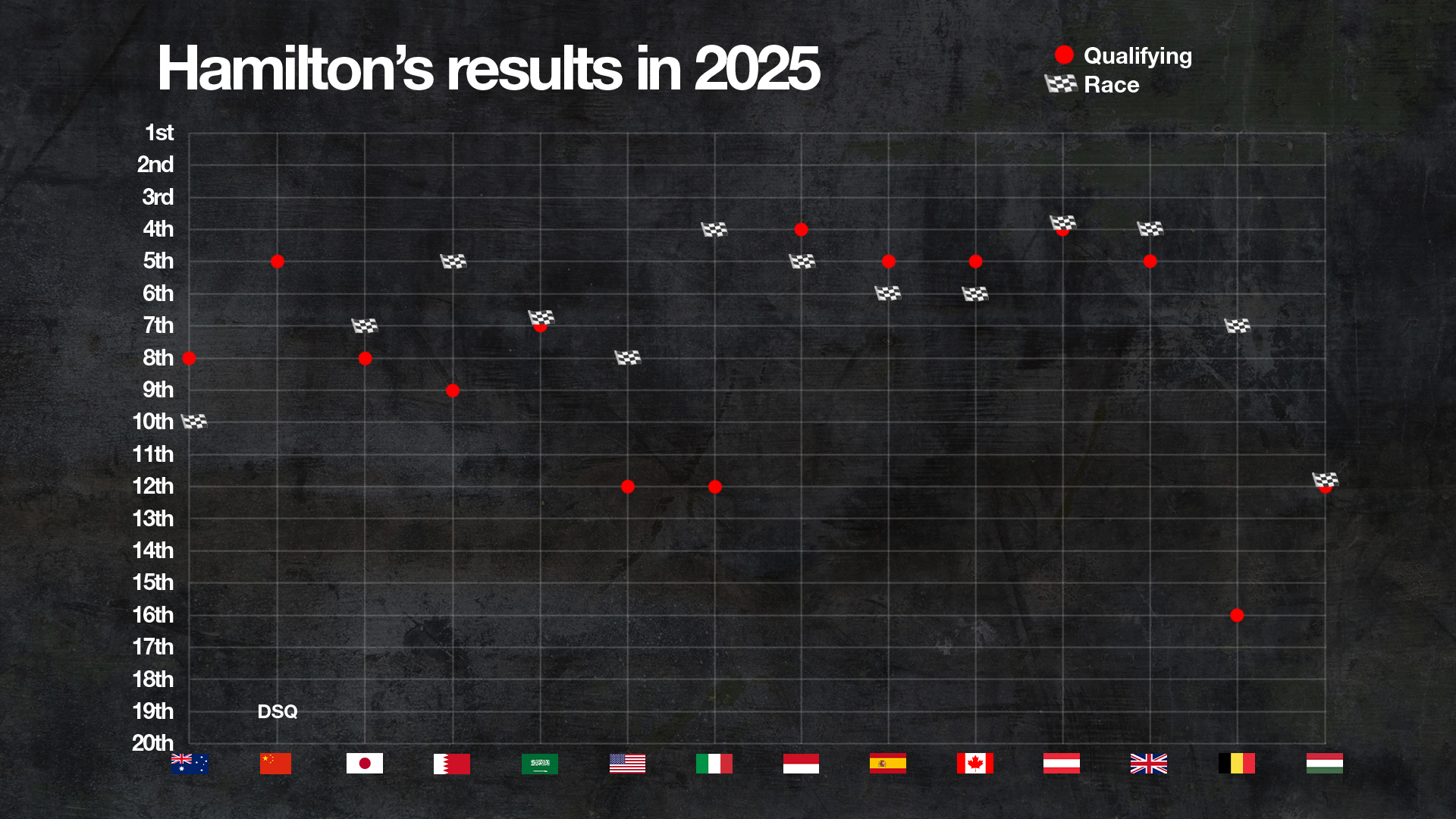
"That's because today, if you are struggling with the brakes because they are a bit different compared to what you were used to deal with [in the past], then you are speaking about half a tenth.
"And half a tenth is the difference between getting into Q3 or not. And if you go into Q3, we then fix part of the issue on the tyres, and he can be on the first row instead of being P12.
"What is difficult to understand from an external point of view is that sometimes, for details, less than one tenth on a weekend, it can change things massively."
Hamilton's self-critical perspective
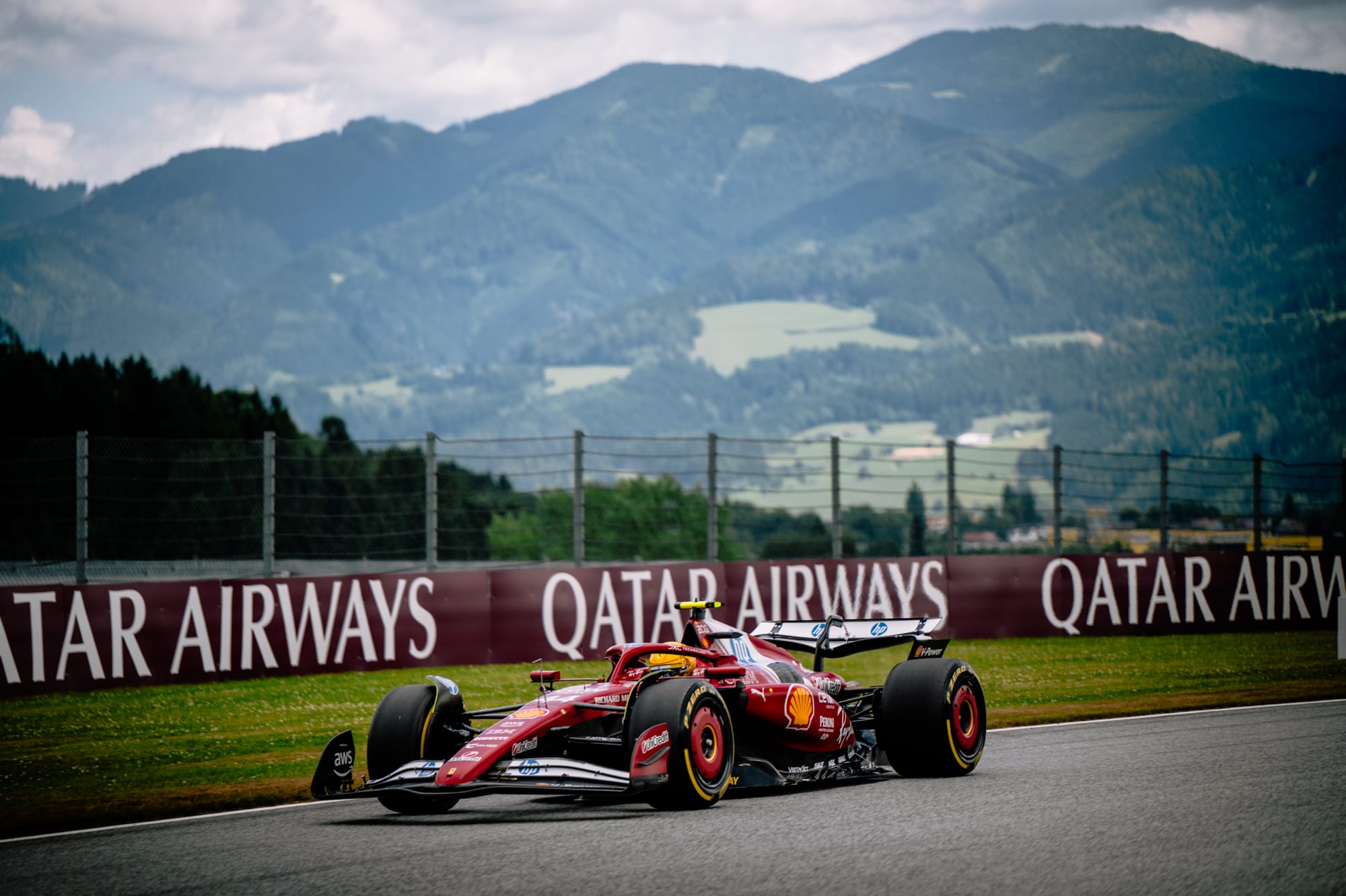
While Hamilton's Hungaroring remark, branding himself "useless", grabbed headlines, Vasseur said he was not alarmed by his driver's comments.
He suggested that Hamilton's self-critical remarks are simply an approach that all top-line drivers have of being incredibly demanding of both themselves and those around them.
"He's like this, and sometimes he was also like this at Mercedes," said Vasseur. "For me, it's not a drama.
"I understand the approach of the guy. I understand the philosophy, and the fact that he's very, very demanding with me, with the engineers, with the mechanics, but mainly with himself.
"And this, I think, everybody can perfectly accept this, as long as the driver is also demanding with himself.
"The example of Nico Hulkenberg is also a very good one. He was mega, mega demanding with all the team in F3. But he was the first one to go jogging at 6.30am in the morning.
"For the mechanics, it was OK. As long as the guy is pushing on himself, they were keen to have someone demanding of them."


